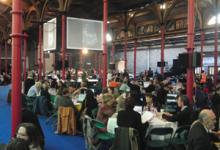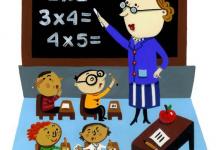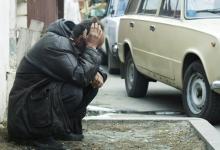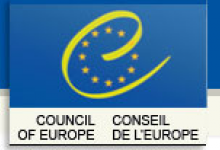Morning Blog - 03 December 2010
Criticism, analysis, response: The BudgetJam liveblog. Email your comments here or comment below.
11.12 PK listener 'The IMF are our social partners now'. Thanks to Donogh for this heads up.
The Unite Pre-Budget submission is out. Michael Taft has a short post on it.http://notesonthefront.typepad.com/politicaleconomy/2010/12/the-peoples-budget.html







